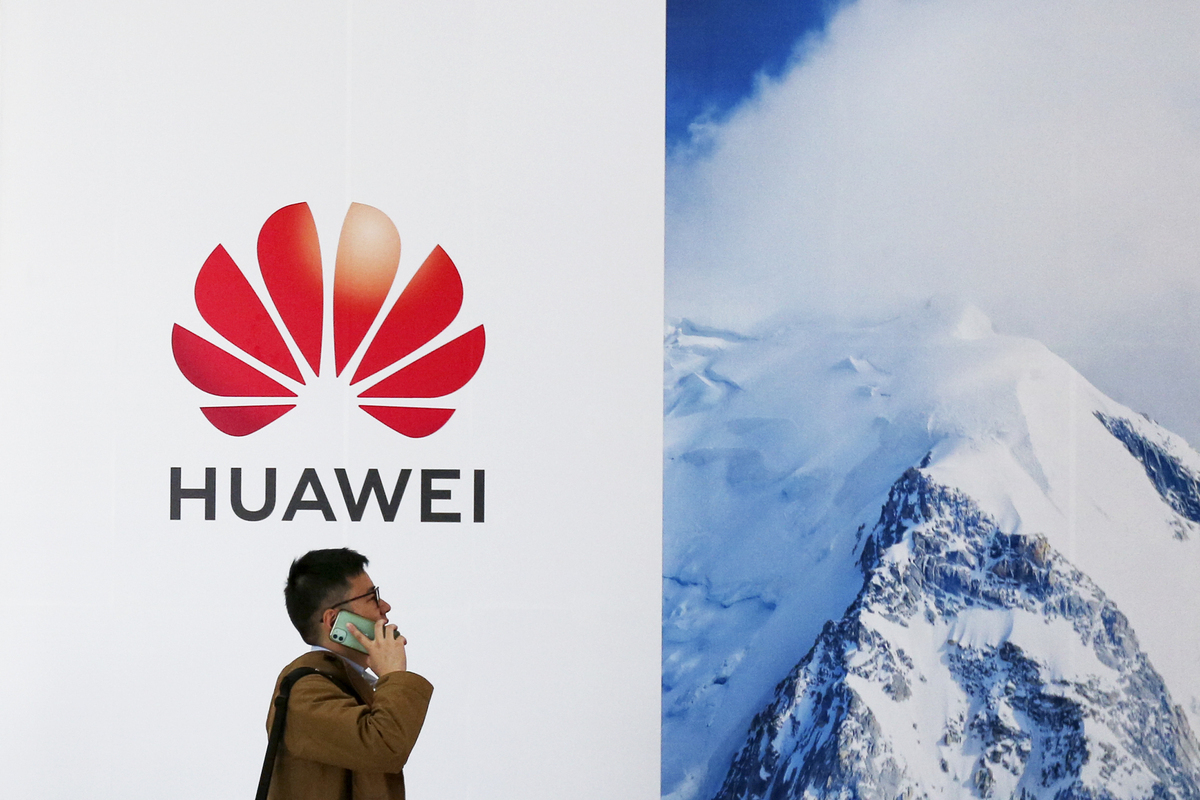US' ill-willed moves against Huawei harm itself and global supply chains: China Daily editorial


Republican Senator Roger Wicker's ongoing "fact-finding process" into whether leading global suppliers are supplying Huawei with foreign-produced hard disk drives to circumvent the US Commerce Department's restrictions represents the latest attempt of the US side to politicize and disturb normal business activities.
Wicker, the ranking member of the Commerce Committee, also copied Commerce Secretary Gina Raimondo into the letter he sent to the chief executives of Toshiba America, Electronic Components, Seagate Technology and Western Digital Corp, urging her to act "against any company found to be circumventing any part" of the regulations the department rolled out during the Donald Trump administration.
The senator may seem to be actively fulfilling his duty as a lawmaker of the country. But what he is really doing is a disservice to the US, and beyond.
Before the Trump administration targeted Huawei, the Chinese telecommunications corporation was one of the largest clients of the chip and hard disk drives industries in the US, spending about $12 billion a year on buying chips alone. It created nearly 40,000 jobs in the US.
Excluding Huawei as a client unavoidably means lost jobs in the US and reduced revenue for the US companies, cutting the funds they have available to spend on research and development.
As a matter of fact, the shortage of chips and some other core industrial parts, which has affected the telecom industry, automakers and equipment manufacturers, is undoubtedly attributable to the restrictions the US has imposed on companies, not only those of the US, but also those using technology or accessories from the US, as well as countries and institutes exporting their products and technologies to companies or entities the US has blacklisted.
For Huawei alone, the Trump administration put 152 companies from dozens of countries it thinks affiliated to the Chinese company on its blacklist using national security as a pretext.
Global supply chains are paying the price for the wrong policies of the Trump and Biden administrations — the latter blacklisted another five Chinese telecom companies in March — and US companies are not exempt from feeling the pain.
Just like its restrictions on the exports of raw materials for the production of COVID-19 vaccines, the US is abusing its status as the upper link of the global supply chains, to the cost of the whole world.
Yet, contrary to the US politicians' intentions, China's trade with all its major trade partners including the US has increased markedly. China has even replaced the US as the European Union's largest trade partner.
The economic interdependence of countries means none can harm others without hurting itself. As such, being the top dog just brings more global responsibilities, not hegemony.


































